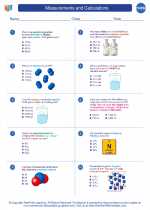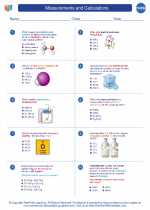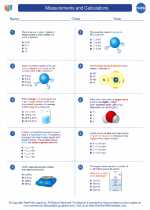Carbonation
Carbonation refers to the process of dissolving carbon dioxide gas in a liquid. This process is commonly seen in the production of carbonated beverages such as soda, sparkling water, and beer. The carbonation of these beverages is what gives them their characteristic fizziness and tangy taste.
How Carbonation Works
When carbon dioxide is dissolved in water, it forms carbonic acid, which is responsible for the slightly acidic taste of carbonated drinks. The pressure inside the sealed container keeps the carbon dioxide gas dissolved in the liquid. When the container is opened, the pressure is released, causing the carbon dioxide to come out of the solution in the form of bubbles, creating the fizzing effect.
Factors Affecting Carbonation
Several factors can affect the carbonation of a liquid, including temperature, pressure, and the surface area of the liquid exposed to the carbon dioxide. Lower temperatures and higher pressures generally result in more effective carbonation, while a larger surface area allows for more efficient absorption of the gas.
Applications of Carbonation
Besides being used in the production of carbonated beverages, carbonation has other applications. For example, in the food industry, carbonation is used to preserve and flavor certain foods. It is also used in water treatment to adjust the pH of water and enhance its taste. Additionally, carbonation is used in some fire extinguishers as a non-toxic way to put out small fires.
Study Guide
- What is carbonation and how does it work?
- What are the factors that affect the carbonation of a liquid?
- Discuss the applications of carbonation in different industries.
- What role does carbonic acid play in the carbonation process?
Understanding the process of carbonation and its applications can provide insights into various industries, from food and beverage production to environmental and safety applications.
.◂Chemistry Worksheets and Study Guides High School. Measurements and Calculations

 Worksheet/Answer key
Worksheet/Answer key
 Worksheet/Answer key
Worksheet/Answer key
